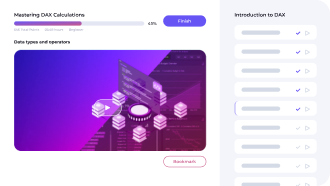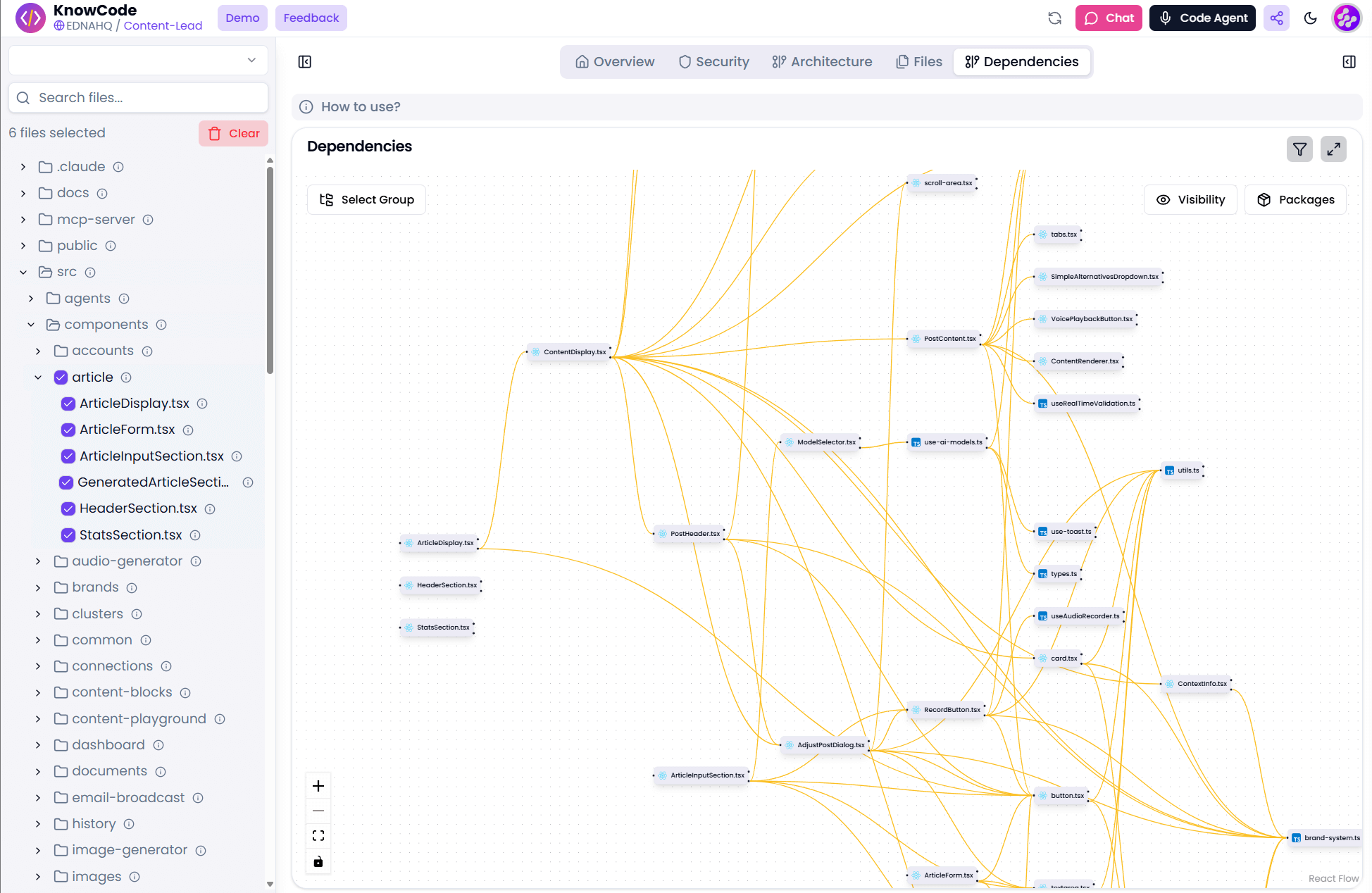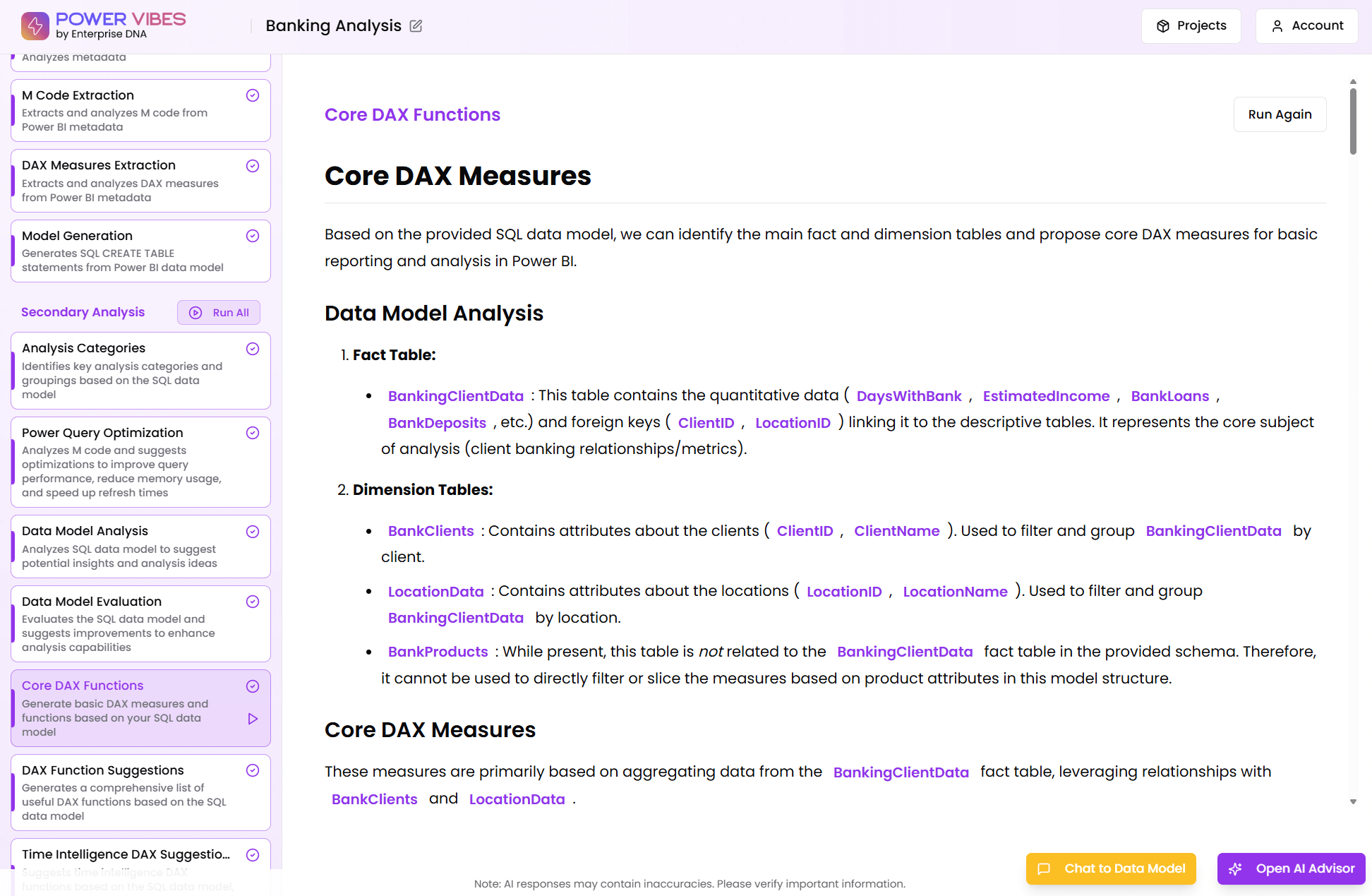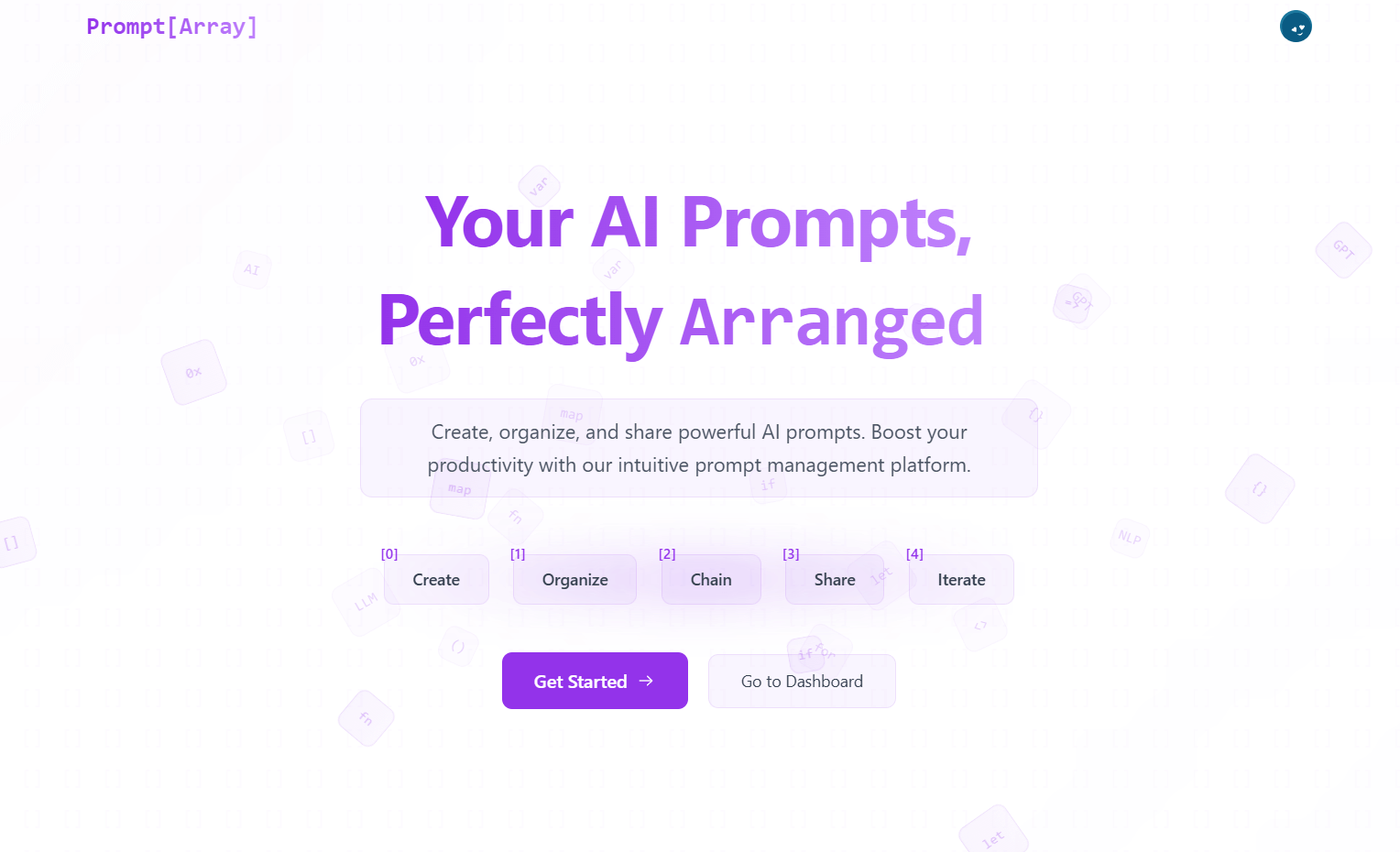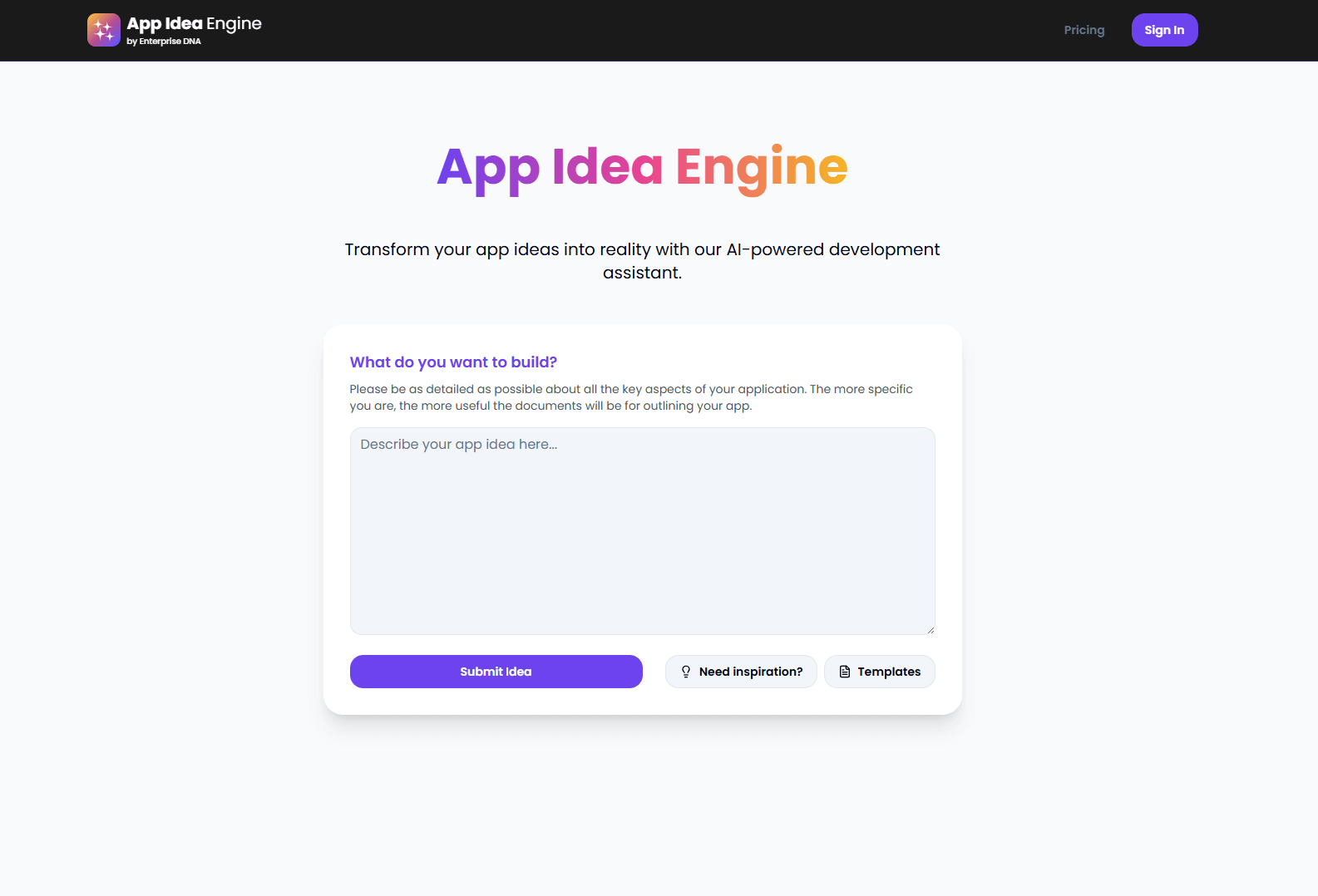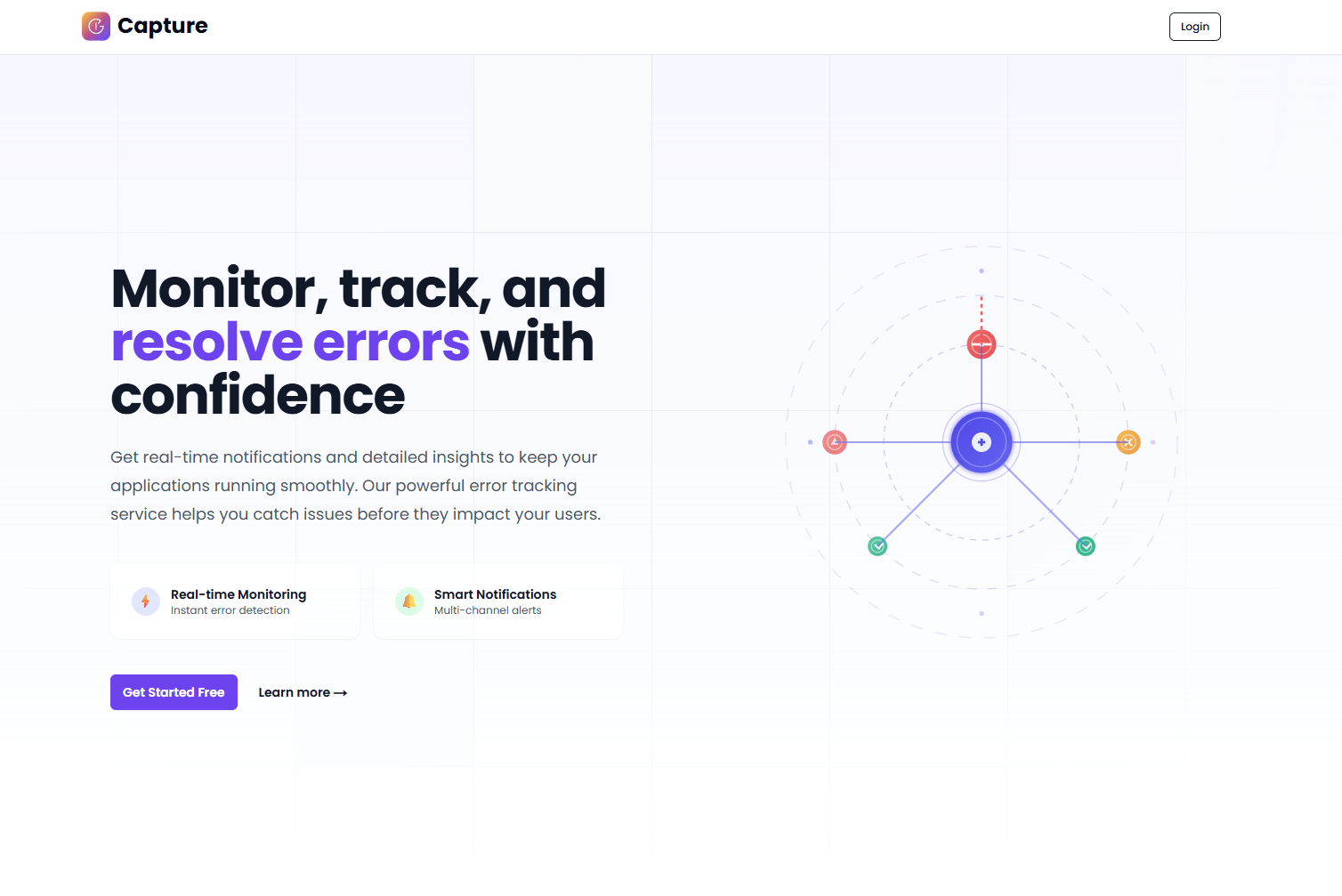Automate Your Way To Success

What You’ll Learn From This Episode
Why is it important to be able to optimize workflows using Power Automate?
- Power Automate can automate and optimize workflows within organizations, saving time and resources.
- Being able to optimize workflows using Power Automate can help organizations to be more efficient and effective in their operations. This can lead to improved outcomes for the organization as a whole.
Key Takeaways
Steps to follow to optimize workflows using Power Automate
1. Automate the process of collecting and refreshing data
To automate the process of collecting and refreshing data, you can use a tool like Power Automate. Power Automate is a tool that allows you to automate repetitive tasks, including tasks related to data collection and refresh. To use Power Automate, you first need to create a flow. A flow is a series of steps that Power Automate will follow to automate a task. To create a flow, you can use one of the many templates that Power Automate provides, or you can create a flow from scratch. Once you have created a flow, you can schedule it to run at a certain time or trigger it to run when certain conditions are met.
2. Schedule the process to run at a specific time
To schedule the process to run at a specific time, open the Power Automate Desktop application and click on the "Schedule" tab. From here, you can specify the date and time that you want the process to run. You can also specify how often you want the process to run, such as daily, weekly, or monthly.
In conclusion, Power Automate can be used to save time and resources by automating and optimizing workflows within organizations. Power Automate can also be used to increase efficiency in your workflows.
Connect with Sam McKay
LinkedIn: https://www.linkedin.com/in/sammckayenterprisedna/
Website: https://www.enterprisedna.co/
Connect with Jarrett Moore
LinkedIn: https://www.linkedin.com/in/jarrett-moore-44409b95/
About The Show
The Analytic Mind is your guide to navigating the evolving frontier of data, AI, & intelligent business.
Hosted by Sam McKay, CEO of EnterpriseDNA, this show dives into real-world use cases, technical strategies, and the mental models behind smart decision-making.
Each episode challenges you to move beyond tools to think critically, act strategically, and build with impact.
Whether you're refining your analytics skills or shaping your organization's data vision, this is where insight meets execution.
Stay sharp. Stay ahead. Think like an analytic mind.

